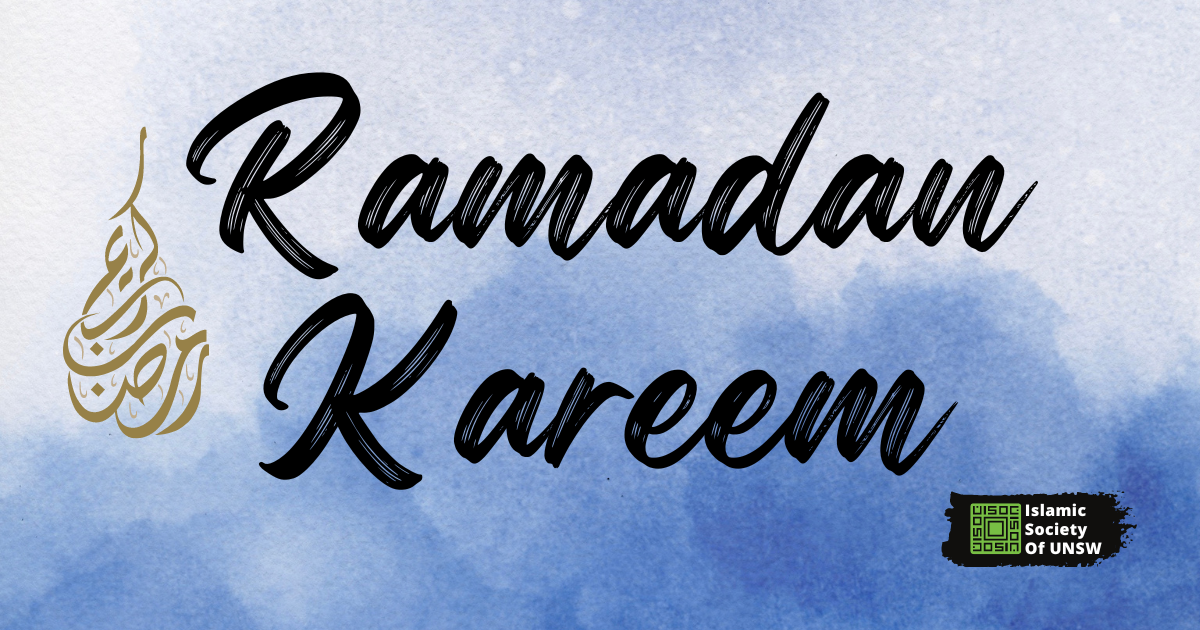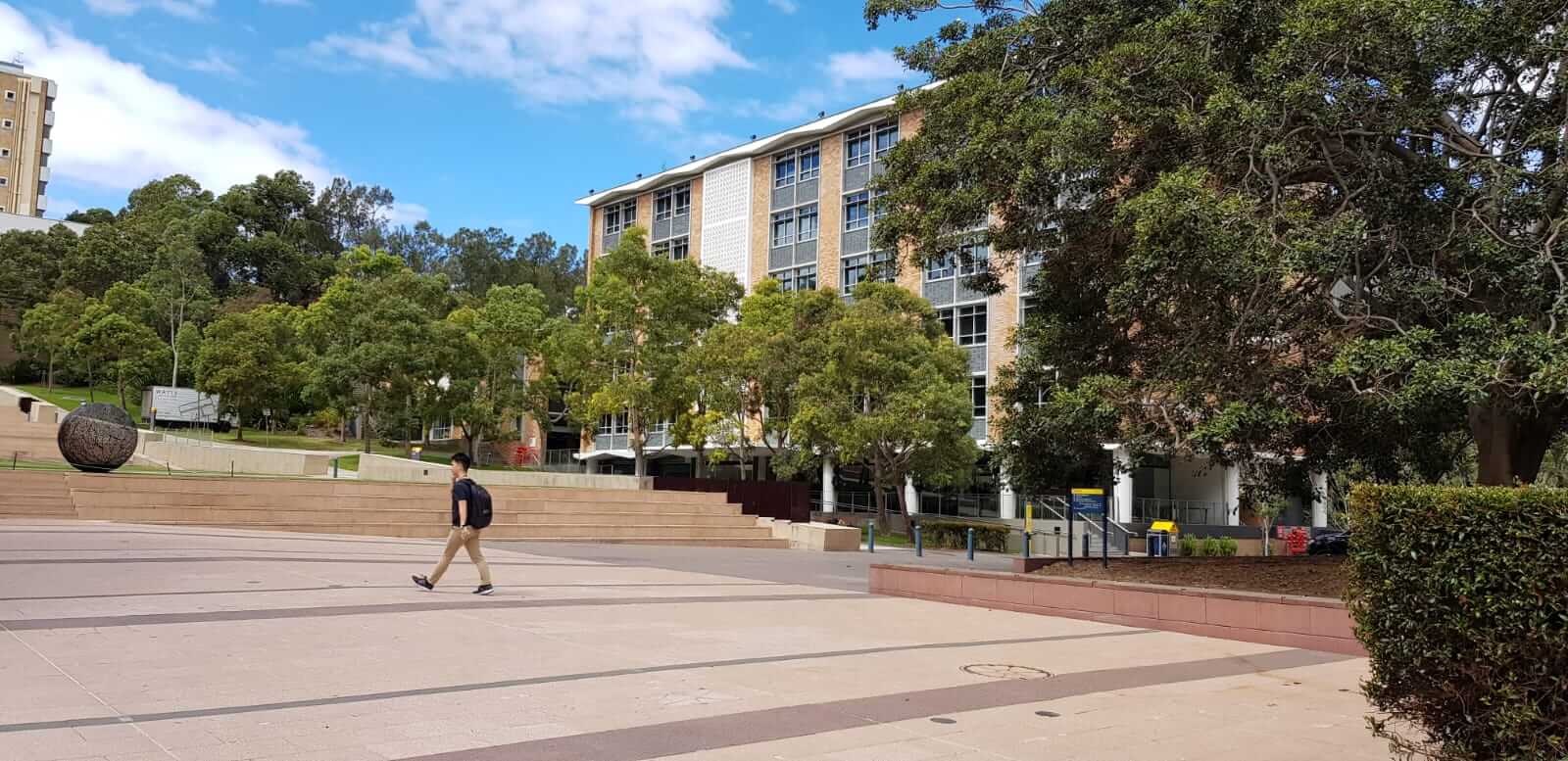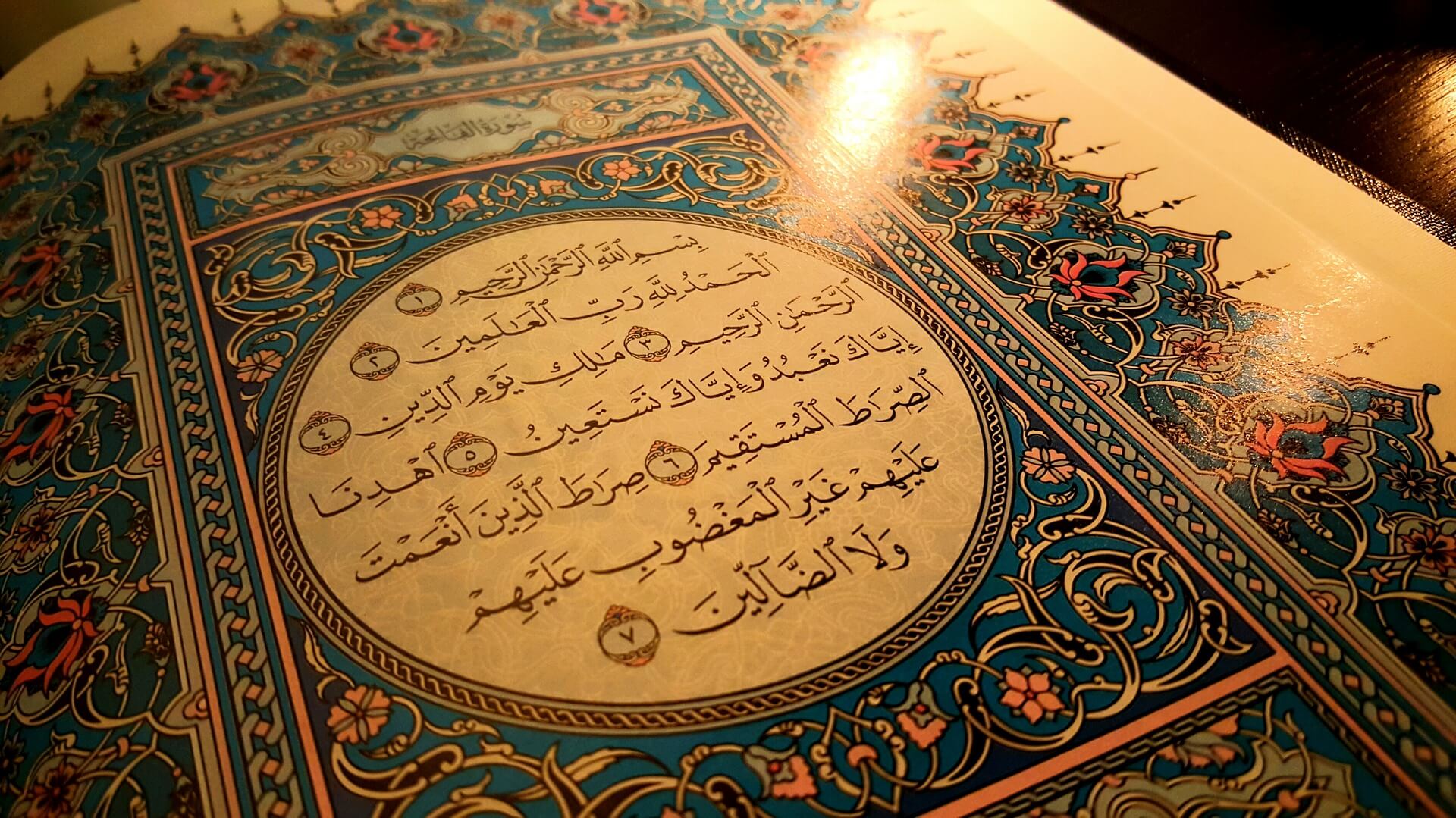Tawhid and Social Justice
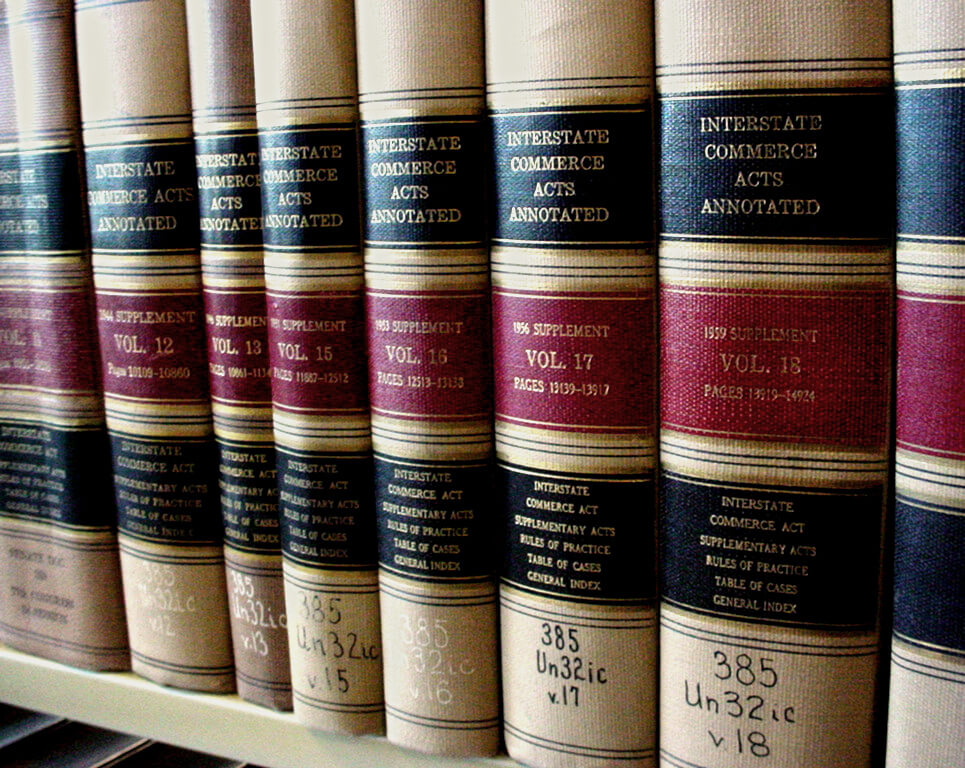
It is impossible to understand anything about Islam, without first understanding Tawhid. Tawhid gives structure and meaning to everything we do; it is the essence of Islam. Allah (SWT) tells us [112: 1-4]:
“Say: He, Allah, is One.
Allah is He on Whom all depend.
He begets not, nor is He begotten.
And none is like Him.”
Tawhid is often simply translated as meaning the teaching that there is only One God. But it means much, much, more than this. In Islam, Tawhid has more meaning than you can count — all flowing from this simple idea that there is only One God.
Allah the Creator is One, and everything is originated from one source. Man – like all other creation – originates from Allah (SWT), although with the wondrous distinction that he contains the spirit of Allah (SWT). Allah (SWT) told the angels [15.28-29]: ‘Surely I am going to create a mortal of the essence of black mud fashioned in shape. So when I have made him complete and breathed into him of My spirit, fall down making obeisance to him’.
Since the Creator is One, and everything is originated from one source, this means that there have not been different gods and creators, creating and then running the world. It follows from this that all the different things in the universe are elements of one set and the whole world is one unit with one purpose. Allah (SWT) asks us: [67:3] ‘you see no incongruity in the creation of the Beneficent Allah; then look again, can you see any disorder?’
Elsewhere, Allah (SWT) adds:
[30:8] Do they not reflect within themselves: Allah did not create the heavens and the earth and what is between them two but with truth, and (for) an appointed term? And most surely most of the people are deniers of the meeting of their Lord.
From this outlook, the world appears a caravan with a set-up connected to each other like a chain and heading towards one direction in unison with a common purpose so well organised that every item is carefully placed in its due position; or else it might have lost its usefulness. We are all on a journey together. Since we’re all connected to each other, each of us needs each other on this journey, if we are not to lose our footing and endanger everyone else.
Tawhid can also be translated as the objectivity of creation, and the planning and computed order in the world. It represents the existence of some sort of dynamism and purpose in each and every part of the world. The universe has a wise purpose, and this purpose is seen and sensed in most of its parts.
Allah (SWT) reminds us:
[21:16] And We did not create the heaven and the earth and what is between them for sport.
This should teach us that the natural state of all the things in the world is obedience before Allah (SWT). No thing and no regulation in this galaxy is on its own. The rules that run the world and everything existing under their guidance are all in constant submission to the divinity of Almighty Allah. Therefore, the existence of the rules and laws in this whole world cannot be considered as a reason to deny Allah (SWT)’s presence, divinity and His constant control over the world.
Allah (SWT) tells us:
[19:93] There is no-one in the heavens and the earth but will come to the Beneficent Allah as a servant.
And:
[2:116] And they say: Allah has taken to himself a son. Glory be to Him; rather, whatever is in the heavens and the earth is His; all are obedient to Him.
And, again:
[39:67] And they have not honored Allah with the honor that is due to Him; and the whole earth shall be in His grip on the day of resurrection and the heavens rolled up in His right hand; glory be to Him, and may He be exalted above what they associate (with Him).
Tawhid also means the equality of all human beings in relation to Allah (SWT). He is the Master of all people; no-one has any kinship with Allah (SWT). Hence, all are same and equal before Almighty Allah. Also, Allah (SWT) does not belong to a particular nation or a group or a tribe. The absence of superiority among Allah (SWT)’s creatures avoids the notion of inferior in creation, while leaving open the scope for elevation of human values.
This elevation of human values is attainable only through righteousness. Righteousness is our performance of good deeds, In line with the wish of Allah (SWT). This is the only safe route or method for man to ascend to the heights of perfection and prosperity. Listen to Allah (SWT) once again. He tells us that He is the:
[2:117] Wonderful Originator of the heavens and the earth, and when He decrees an affair, He only says to it, Be, so there it is.
And:
[49:13] O you men! surely We have created you of a male and a female, and made you peoples and tribes that you may know each other; surely the most honorable of you with Allah is the one among you most careful (of his duty); surely Allah is Knowing, Aware.
Men are equal in creation and originate from a single source. Those who belong to the various classes in a society are not created by different gods. Humanity is a single element that has been equally given to all individuals. So there is no difference in the creation provided to them. As such, there is no boundary between them that cannot be crossed. In other words, the Creator of the higher classes of society is not a God superior than that of the poor ones. All are created by one God – and in creation all are at the same level and equally benefited from the element of humanity. Allah (SWT) advises us:
[4:1] O people! be careful of (your duty to) your Lord, Who created you from a single being and created its mate of the same (kind) and spread from these two, many men and women; and be careful of (your duty to) Allah, by Whom you demand one of another (your rights), and (to) the ties of relationship; surely Allah ever watches over you.
Since we are all made of the same stuff, and from the same source, we all have the ability to walk towards perfection. Accordingly, the Divine call is common to all, irrespective of nations or classes. Since we are all made of the same stuff, and from the same source, we all have the ability to walk towards perfection. Accordingly, the Divine call is common to all, irrespective of nations or classes. The very structure of Tawhid cannot accept contradiction or disharmony in the world. According to the worldview of Tawhid, therefore, there is no contradiction in all of existence; everything is one – united with Allah (SWT).
Tawhid cannot accept legal, class, social, political, racial, national, territorial, genetic or even economic contradictions, for Tawhid implies a mode of looking upon all beings as a unity. The worldview of shirk – the notion that there is more than One God – is the basis for shirk in society, with its discrimination among classes and races.
Whether shirk is manifested by open polytheism – the open declaration that there is more than One God – or by less obvious means, such as belief in a so-called ‘Holy Trinity’, the claim that there is a plurality of creators (some necessarily more powerful than others), justifies and sanctifies a plurality of creatures (some necessarily more powerful than others), presenting this as something eternal, everlasting and natural.
Similarly, a belief in contradiction among a number of false gods presents as natural and divine the contradictions existing among men. Tawhid, by contrast, negates all forms of shirk, regarding all the particles, processes and phenomena of existence as being engaged in harmonious movement toward a single goal. Whatever is not oriented to that goal is by definition nonexistent.
Tawhid emancipates us from servitude to anyone or anything but Almighty Allah
Tawhid can also mean the release of all human beings from servitude to anyone or anything but Almighty Allah. This is another interpretation of the essence of complete submission to Allah (SWT) and worshipping Him. Some people, in some way or other, have yielded to the obscene yoke of submission to other than Allah (SWT), such as mental, cultural, economic, and political slavery.
Considering the wide stretching sense of worship, we can well say that they are immured in service to others — like themselves — and, thus, have taken a rival or an associate to Allah (SWT). Here, Tawhid totally rejects such a way of life and stands firm and adamant to maintain the man is a servant to Almighty Allah alone and emancipates man from that domination, under whatever pretext it be. Therefore, Tawhid is tantamount to denial of any power concealed under whatever colour or cloak, and an absolute submission to the absolute authority of Almighty Allah alone. Allah (SWT) states:
[12:40] You do not serve besides Him but names which you have named, you and your fathers; Allah has not sent down any authority for them; judgment is only Allah’s; He has commanded that you shall not serve aught but Him; this is the right religion but most people do not know:
And:
[17:23] And your Lord has commanded that you shall not serve (any) but Him…
Tawhid dignifies man. The worth of man is so lofty that to become servile and resigned to others (but to Allah (SWT)), and get dominated is in immediate contrast: an obvious opposition and a sharp contradiction to all that man is worth. There is no one to countenance this worth so as to be servile to him except Allah (SWT). He is the only Being, the only perfect beauty in absoluteness that deserves a man to sit in an enchantment, in praise and prayer to Him.
The kingdom of Allah (SWT) on this vast Earth is invaded without any right and inroads are made upon the intellect of man by living idols – or the made-up idols who are, in fact, a product of evil. And these man-made idols are themselves wicked enough to throw the man from the zenith of humanity into the abyss of vileness, discarding human value and invalidating its worth. It is up to man to avoid the shame of worshipping servitude to these idols.
Materialistic humanism has never been able to establish the originality of man in his due excellence such as in these ayahs:
[22:30] That (shall be so); and whoever respects the sacred ordinances of Allah, it is better for him with his Lord; and the cattle are made lawful for you, except that which is recited to you, therefore avoid the uncleanness of the idols and avoid false words, [22.31] Being upright for Allah, not associating aught with Him and whoever associates (others) with Allah, it is as though he had fallen from on high, then the birds snatch him away or the wind carries him off to a far-distant place.
And:
[17:22] Do not associate with Allah any other god, lest you sit down despised, neglected.
And:
[17:39] This is of what your Lord has revealed to you of wisdom, and do not associate any other god with Allah lest you should be thrown into hell, blamed, cast away.
In this category, another meaning of Tawhid is that a human life is a compound of mind and reality, thought and action. If even one of these two, (thought or action) become even partially dominated by the anti-Divine powers, in other words, if the intellect links God with an undivine reality, or with an intellect ignorant of Allah (SWT), then duality has occurred and thus an associate is created in the servitude directed to Allah (SWT).
Such a person would be like that of a magnetic needle, which, if not deviating totally from the pole direction he would be oscillating. Deviation dictates departure from a straight path of Allah (SWT) and shall doom him to a destiny that is not his. To quote from the Qur’an:
[2:85] Do you then believe in a part of the Book and disbelieve in the other? What then is the re ward of such among you as do this but disgrace in the life of this world, and on the day of resurrection they shall be sent back to the most grievous chastisement, and Allah is not at all heedless of what you do.
And finally, Tawhid, from this point of view, coherently synchronises the human with the universe. To understand this, we need to remember that the universe is by definition endlessly vast; countless laws of creation are in action and reaction throughout this vast universe. This process is so constant that any product of the universe, however small and little or trivial and trifling, cannot escape from this law.
The law of creation is such that mercifully allows man (in contradiction to his other fellow creatures, with the sole exception of the jinn, who enjoy no choice in their destiny) to enjoy both free will and the power to practice this choice. This is both an indicator of humanity’s ascendancy to excellence — as well as a basis to go astray. It’s up to us. To quote from the Qur’an:
[18:29] And say: The truth is from your Lord, so let him who please believe, and let him who please disbelieve…
Tawhid asks man to walk along the way natural to him and congenial with the universe. This journey towards Allah (SWT) is the only path to an absolute equality and a total oneness.
The Qur’an states:
[3:83] Is it then other than Allah’s religion that they seek (to follow), and to Him submits whoever is in the heavens and the earth, willingly or unwillingly, and to Him shall they be returned.
And:
[22:18] Do you not see that Allah is He, Whom obeys whoever is in the heavens and whoever is in the earth, and the sun and the moon and the stars, and the mountains and the trees, and the animals and many of the people; and many there are against whom chastisement has become necessary; and whomsoever Allah abases, there is none who can make him honorable; surely Allah does what He pleases.
To conclude this part of the discussion, we can do no better than recall what the great Muslim thinker, the martyr Sayyid Qutb, tells us:
So all creation issuing as it does from one absolute, universal, and active Will, forms an all-embracing unity in which each individual part is in harmonious order with the remainder…Thus, then, all creation is a unity comprising different parts; it has a common origin, a common providence and purpose, because it was produced by a single, absolute, and comprehensive Will.
Belief in Tawhid produces highest degree of self-respect and self-esteem in man. The believer knows that Allah (SWT) alone is the Possessor of all power, and that none besides Him can benefit or harm a person, or provide for his needs, or give or take away life or wield authority and influence.
This conviction makes him indifferent to, and independent and fearless of, all powers other than those of Allah (SWT). He never bows his head in homage to any of Allah (SWT)’s creatures, or waves the kafir’s flags. The follower of polytheism, however, is one who, even though he be a despotic king, president or prime minister, will bow down before anyone he finds it to his advantage to do so. (Now we understand the relationship between Australia’s Prime Minister and the US President!) The socialist groups are very good examples of this. Today they claim to be the best ‘supporters’ of the Muslims against those who seek to persecute us; yesterday they were the strongest campaigners for ‘gay rights’! In Sydney, they even infiltrated an Islamic centre and told Muslims that there was ‘very little’ distinguishing their worldview from ours. Like the chameleon, they change their colours automatically, to suit their immediate surroundings, alternately asserting that religion is the ‘opium of the people’ or ‘revolutionary’, depending upon whom they are talking to and whom they want to recruit! In truth, they stand for nothing.
The follower of polytheism is proud of himself but, in essence, he is absolutely impotent since he has nothing to rely upon other than himself, whereas the follower of Tawhid, although he is naturally weak and powerless as a human being, is powerful enough to resist the whole world by the power of his Lord.
While the follower of polytheism is selfish and arrogant, since his purpose in life is to satisfy his worldly desires, the follower of Tawhid is virtuous and altruistic, because his purpose is to gain Allah (SWT)’s approval, by working for His pleasure. One who believes in Tawhid does not clamour for power and wealth, since he or she knows that whatever he owns has been bestowed upon him by Allah (SWT), and that Allah (SWT) can take away just as easily as He can give.
Tawhid inspires bravery in Muslims
The follower of Tawhid has the conviction that there is no other means of success and salvation for him except purity of soul and righteousness of behaviour. He has perfect faith in Allah (SWT), Who is above all need, is related to none, is absolutely just, and none has any hand or influence on the exercise of His Divine power. This belief creates in him the consciousness that, unless he lives rightly and acts justly, he cannot succeed. In contrast, the followers of polytheism always live on false hopes.
The believer in the Divine Unity of Tawhid does not become hopeless and disappointed under any circumstances. His firm faith in Allah (SWT), Who is the Master of all the treasures of the earth and the heavens, and Whose grace and bounty have no limit and powers are infinite, imparts to his heart extraordinary consolation, fills it with satisfaction and keeps it filled with hope.
In this world he might meet with rejection at all doors, nothing in this world might serve his ends, all means might, one after another, desert him. (As in the story of the mumineen described in Surat al-Buruj, 85:1-16.) But faith in, and dependence on, Allah (SWT) never leaves the believer in Tawhid, and upon their strength he goes on struggling. Such a profound confidence can result from no other belief than belief in One Allah (SWT). This belief produces in man a very strong degree of determination, patient perseverance, and trust in Allah (SWT).
Belief in Tawhid inspires bravery in man. There are two things that make a man cowardly:
- Fear of death and love of safety, and
- The idea that there is someone else besides Allah (swt) who can take away life, and that man, by adopting certain devices, can ward off death.
Belief that there is no deity but Allah (SWT) purges the mind of both these ideas. The first idea (fear of death and love of safety) goes from his mind because he knows that his life, and his property, and everything else really belong to Allah (swt), and he becomes ready to sacrifice his all for Allah (SWT)’s approval.
He gets rid of the second idea (that there is someone else besides Allah (SWT) who can take away life) since he knows that no weapon, no man or no power can take away his life; Allah (SWT) alone has the power to do so. A time has been ordained for him, and all the forces of the world combined cannot take away anyone’s life a moment before the appointed time, nor can they delay his death an instant. It is because of this firm belief in one Allah (SWT) and dependence upon Him only that no-one is braver than a believer.
Belief in the Oneness of Allah (SWT) creates an attitude of peace and contentment, purges the mind of subtle passions and jealousy, envy and greed, and keeps away the ideas of resorting to base and unfair means for achieving success. The believer understands that wealth is in Allah (SWT)’s hands, that honour, power, reputation and authority are subjected to His Will, and that He bestows them as He wishes; and that man’s duty is only to endeavour and struggle fairly. He knows that success and failure depend upon Allah (SWT)’s grace; if He wills to give, no power in the world can prevent Him from doing so; and if He does not will it, no power can force Him. But the believer never forgets that it is incumbent upon him to try his hardest to deserve Allah (SWT)’s barakat.
On the other hand, the polytheists and atheists consider success and failure to come solely from their own efforts or by the help of earthly powers, without taking Allah (SWT)’s grace and Will into consideration. Therefore they always remain slaves to greed and envy. To achieve success, they never hesitate to have recourse to bribery, flattery, conspiracy, and other kinds of base and unfair means.
The belief in the Divine Unity makes man obey and observe the Divine Law. One who has belief in it is certain that Allah (SWT) knows everything hidden or open, and is nearer to him than his own jugular vein. If he commits a sin in a secluded corner and in the darkness of night, Allah (SWT) knows it. He even knows our unformed thoughts and intentions, bad or good, of which we may not ourselves be aware! We can hide things from everyone, but we cannot hide anything from Allah (SWT).
The firmer a man’s belief is in this respect, the more observant will he be of Allah (SWT)’s commands. It is for this reason that the first and the most important condition for being a Muslim is to have firm and sincere faith in the Oneness of Allah (SWT). Faith in One Allah (SWT) is the most important and fundamental principle in the teachings of the Prophet Muhammad (S) and of his blessed Sahaba and Ahl ul-Bayt (as jamian). It is the bedrock of Islam and the mainspring of its power. All other beliefs, commands and laws of Islam stand firm on this foundation.
Through Tawhid, man finally realised his dignity. Through Tawhid, man can grasp that all existence is coherently, absolutely and justly united through Allah (SWT). Man can also understand through Tawhid that all individuals and all societies are mutually interconnected and mutually interdependent upon each other, since they are all united in the oneness of creation.
What does all this mean for the Muslims here and now?
So, what does all this mean for the Muslims in Sydney here and now? To begin to answer this, it is useful to examine the very pertinent issue: – the systematic demonisation of Muslims and Lebanese-Australian youth in Sydney.
Racism and bigotry cannot be explained as merely a matter of ‘ignorance’. Racism against persons of Muslim or ‘Middle Eastern appearance’ is rampant. We’re told that this is ‘justified’ on the basis that Arabs and Muslims are inherently ‘terrorist’. Actually, it is a consequence of several factors:
- Historical factors — the denigration of Arabs and Muslims by the West from at least the time of the Crusades, for varying political purposes; and
- Very contemporary big power political factors — the so-called ‘War on Terror’ (War on Islam) — which are adapted at the NSW level by the media, State Government and senior Police for specific purposes.
Racism is systemic, rather than just isolated acts of violence on the street. From the genocide of the indigenous people by British colonialism onwards, racism has always been an essential ingredient in Godless Australian capitalism. When politicians or newspaper editors employ the politics of race and racism, they frequently do so not so much out of ignorance, but out of a calculated political recognition that they are able to benefit from it. Racism reinforces and protects the very structures that privilege the white Anglo constituency that authorities rely on.
The current vilification of Lebanese-Australians and Muslims in this country is merely an extension of how Australia has been run from its earliest days, as a white-dominated colonial-settler enclave in Asia.
Powerful entities act like this because it suits their interests. That is, they personally benefit from stigmatising and criminalising certain groups. These material interests are the false gods of these shirk-merchants. Look at what they’ve sold their souls for: very temporary power and status!. On the other hand, it is no accident that these same forces agree so much on the politics of immigration, security and terrorism, based on a volatile mixture of racism, nationalism and ‘patriotism’.
Arabs and Muslims start to become a fifth column, a veritable so-called ever-present danger in the worldview of shirk. This enables police to seek more funding and to enlarge their powers. On a national level, the same has happened with the ‘anti-terrorism legislation’ that threatens the most basic of civil rights, but is welcomed by the majority because of that old bogey man, the terrorist who just might be plotting.
Having fabricated threats using race, the shirk-merchants then call for the ‘nation’ (or State of NSW) to rise up in its defence, to rediscover itself and its unique ‘Orstralian way of loife’. And they simultaneously appeal to this ‘nation’ (or State) they evoke, to vote for them.
Allah (SWT) told humanity in the Holy Qur’an:
‘Verily, Allah does not change the condition of a people until they change that which is in themselves’ (Holy Qur’an, 13: 11).
There is much wisdom in this idea. All Australians need to face up to the systemic racial realities that have always dogged this country’s history. The stigmatisation and continued alienation of Muslims and Lebanese-Australian youth is a recipe for social disaster. But this situation will not be turned around until shirk is defeated as the dominant worldview in this society. Shirk is the catalyst of injustice; true, lasting injustice is both impossible to achieve and inconceivable without society submitting to One True God.
Pardon me for speaking very bluntly at this point. Are we Muslims going to make the effort to obtain the knowledge we need to offer society the only alternative that can save it — Islam? Islam has a complete solution for social and generational harmony, but most of us neither know what it is, nor are inclined to find out. Most Muslims are too absorbed in this dünya, to become involved in struggling for a better world, for social justice. Yet, the Qur’an makes it abundantly clear that salvation in the hereafter is as much a matter of having faith as fulfilling the obligation of striving to good works. Several ayaat may be cited in this regard:
[3:142] Do you think you will go to Paradise while Allah has not yet seen who among you struggle and persevere?
[9:16] Do you think you will get away before Allah sees who among you would struggle…?
[29:69] We shall guide those who struggle in Our cause to the paths leading to Us…
[61:10-11] O believers! May I offer you a bargain which will save you from a painful punishment? Have faith in Allah and His messenger, and struggle in the way of Allah, with your wealth and souls. This is better for you if you can understand.
[49:15] They alone are believers who come to have faith in Allah and His messenger, then do not fall into doubt, and struggle with their wealth and their souls in the way of Allah. They are the truthful and sincere.
Striving in Allah’s path for a better world — and for the knowledge to do this properly — is mentioned so much in the Holy Qur’an that it must be vital to our salvation as individuals. We are told, in fact: ‘The one who strives, does so for his [her] own sake’ (29:6). Instead of letting ourselves become steadily absorbed by the decadent Allahless dominant culture, Allah (SWT) reminds us in three places that He:
is the one who has sent His messenger with the guidance and the true way of life, so that he make it prevail over all aspects of living… (9:33; 48:28; & 61:9).
Allah (SWT) adds:
We have surely sent our messengers with clear signs, and sent with them the Book and the Balance, so that people may stand by justice (57:25).
Elsewhere in the Qur’an we are told:
“O believers! Stand up for justice, as witnesses for Allah…” (4:135) and “O believers! Stand up for Allah, as witnesses for justice…” (5:8).
We are commanded to enjoin good and oppose evil. Let us all be very clear. Islam is under attack everywhere not because it is a source of terror, but because true Islam is the framework of genuine justice. Exploiters and evil-doers really do fear genuine Islam.
Islam grasps that humanity today is on the brink of a precipice, centrally because humanity is devoid of the vital values which are necessary for its survival. By proposing that the basis for world peace is Allah’s Oneness (Tawhid), Islam provides the basis for the emergence of peace with justice.
Our beautiful religion commits Muslims to oppose injustice and oppression. This is the only path to sustainable peace — that is, peace with justice. Instead of conflicts on the basis of nationality, ethnicity and factionalism, Islam counterposes a world in harmony, where we are able to live in equitable relations with each other, because each regards the other as equally one of Allah’s creatures.
Islam provides the basis for the emergence of peace with justice. It is time for all Muslims to unite together in this struggle for justice, and in the collective striving for the knowledge needed to obtain this.
The Speaker can be contacted by emailing at sydneymumin@yahoo.com.au ,
Last Updated on Thursday, 10 July 2008 09:00


